
How do you treat respiratory problems in dogs?
Watching your dog struggle to breathe—whether it’s rapid panting, wheezing, or gasping—can be terrifying for any pet parent.
When you notice your dog coughing more than usual after a walk in the park, or hear a wheezy sound when they curl up to sleep, it could be a sign of kennel cough—a condition vets see more than any other respiratory issue in dogs. This highly contagious illness spreads easily in places where dogs gather, like dog parks, grooming salons, or even waiting rooms at vet clinics, making it a top concern for pet owners across different regions.
Kennel cough isn’t just one thing; it’s often a mix of bacteria and viruses, which is why even dogs that stay mostly at home can catch it if they meet other dogs during a quick trip to the pet store. Symptoms usually start with a dry, hacking cough that might sound like your dog is trying to clear something from their throat, and in some cases, it can lead to mild sneezing or a runny nose. Most healthy dogs recover within a couple of weeks, but puppies, senior dogs, or those with weak immune systems need extra care to avoid complications.
If you suspect your dog has kennel cough, it’s important to check local pet health regulations first—many areas require you to notify your vet promptly to prevent the spread, especially if your dog has been around other animals recently. Some cities also have rules about keeping sick dogs away from public spaces until they’re fully recovered, which helps protect the wider dog community from outbreaks. Following these guidelines isn’t just about compliance; it’s a way to be a responsible neighbor to other pet owners.
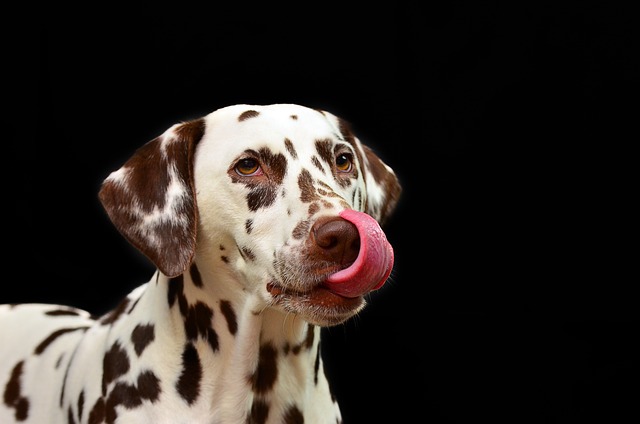 Preventing kennel cough often starts with vaccinations, which are recommended for most dogs, even those that don’t go to boarding facilities often. Talk to your vet about the best vaccine schedule for your dog’s lifestyle—for example, a dog that goes to weekly training classes will need more regular protection than one that only takes walks in quiet neighborhoods. Along with vaccines, wiping your dog’s paws and face with a gentle pet-safe wipe after visits to busy places can help reduce the risk of picking up germs.
Preventing kennel cough often starts with vaccinations, which are recommended for most dogs, even those that don’t go to boarding facilities often. Talk to your vet about the best vaccine schedule for your dog’s lifestyle—for example, a dog that goes to weekly training classes will need more regular protection than one that only takes walks in quiet neighborhoods. Along with vaccines, wiping your dog’s paws and face with a gentle pet-safe wipe after visits to busy places can help reduce the risk of picking up germs.
Watching for early signs is key to keeping your dog healthy. If your dog’s cough gets worse, or if they start eating less, seem tired, or have trouble breathing, don’t wait to seek vet care. These could be signs of a more serious problem, like pneumonia, which needs immediate treatment. Remember, even small changes in your dog’s behavior can be clues about their health, so trusting your instincts as a pet owner goes a long way.
Caring for a dog with kennel cough means giving them plenty of rest, keeping them hydrated, and following your vet’s instructions closely—whether that’s giving medication or keeping them away from other dogs. Once they’re back to their playful selves, you’ll be able to get back to those favorite activities, like long walks or trips to the dog park, knowing you’ve taken the right steps to keep them healthy and following local rules to keep other dogs safe too.

Watching your dog struggle to breathe—whether it’s rapid panting, wheezing, or gasping—can be terrifying for any pet parent.
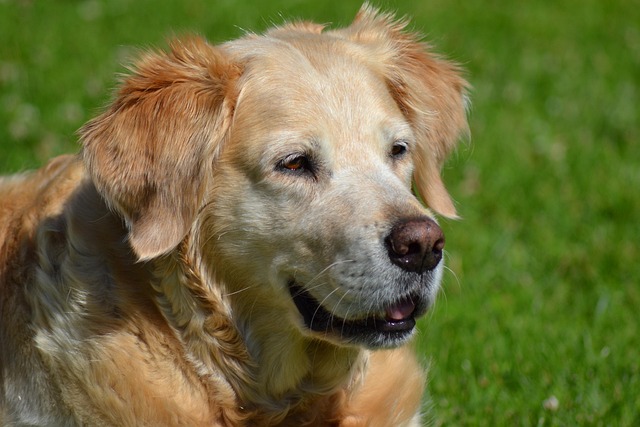
I sat with my friend Jesse on his Arizona patio last Tuesday, where his 1-year-old Beagle, Buddy, lay listlessly by the water bowl—Jesse held up a soiled paper towel, sighing.
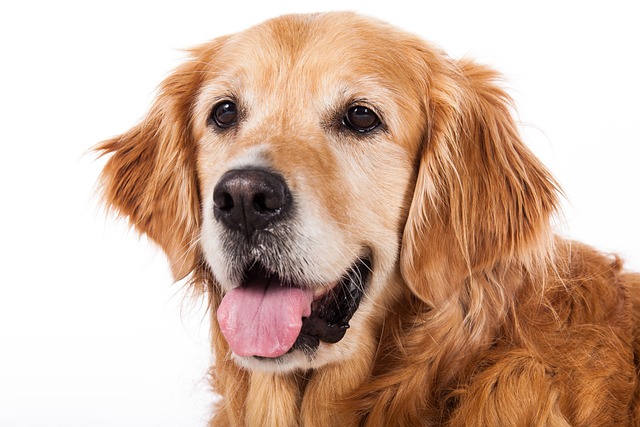
I sat with my friend Alex on his porch last weekend, watching his 18-month-old Border Collie, Charlie, scratch at his paws until they turned pink
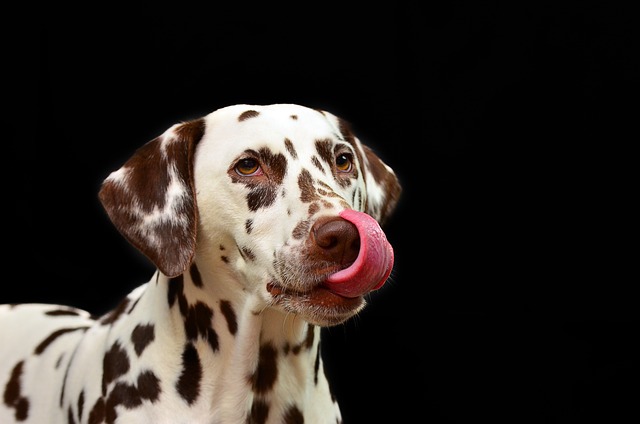
When you notice your dog coughing more than usual after a walk in the park, or hear a wheezy sound when they curl up to sleep, it could be a sign of kennel cough—a condition vets see more than any other respiratory issue in dogs.

I sat with my friend Jamie on her kitchen floor last week, staring at her 3-year-old Lab mix, Max, who’d turned up his nose at his favorite chicken kibble
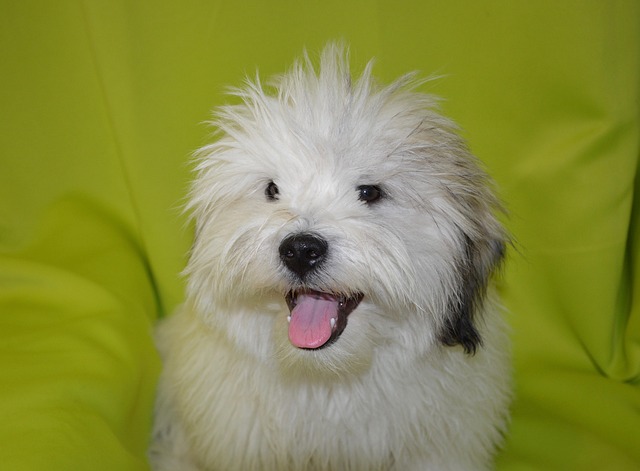
Caring for a dog means staying alert to small changes in their health, and skin issues are some of the most common signs something might be off.